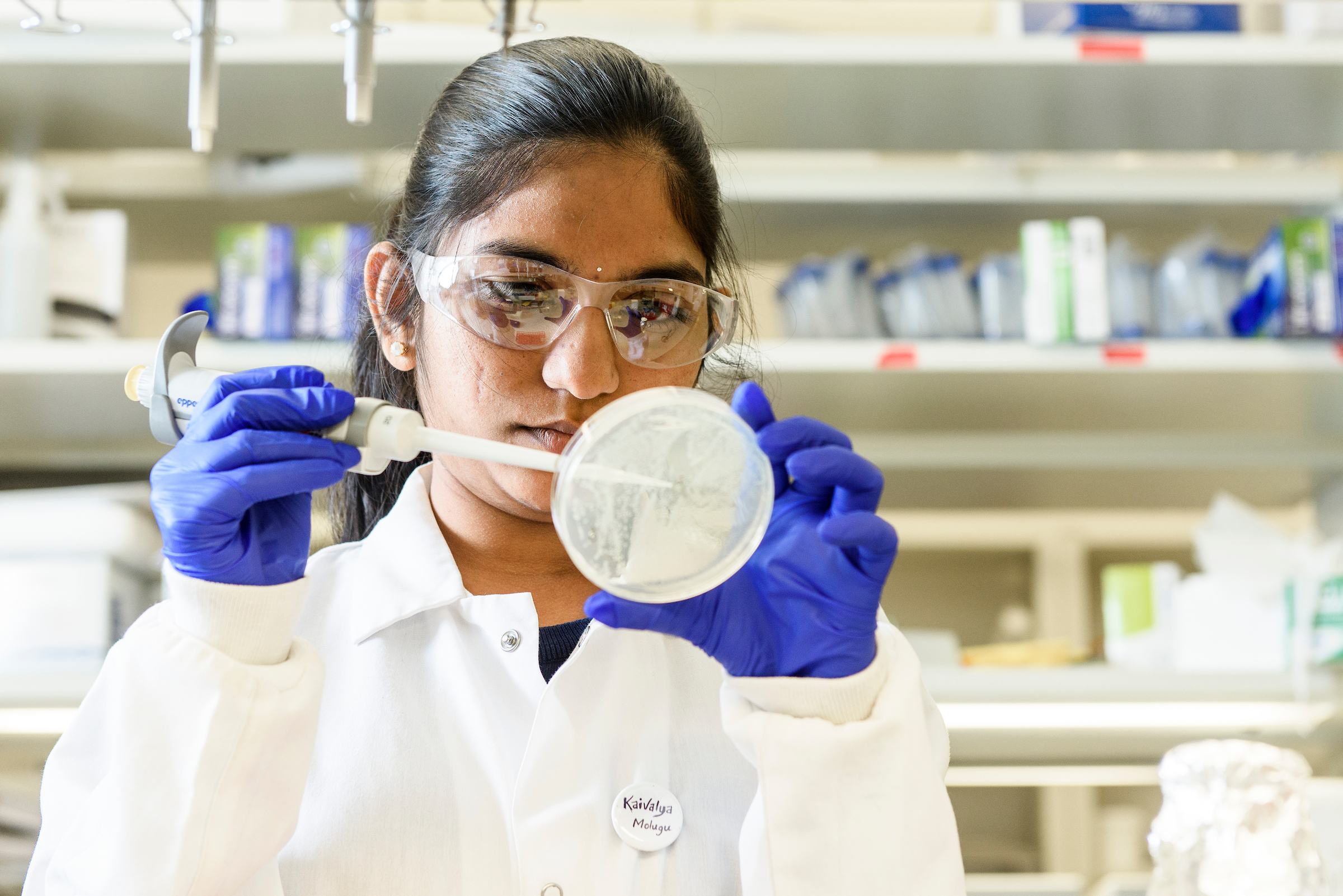Regenerative medicine represents a revolutionary approach to healthcare, offering the promise of harnessing the body’s innate regenerative capacity to heal and restore damaged tissues and organs. At the forefront of this transformative field is the Regenerative Medicine Research Program, an interdisciplinary initiative dedicated to unlocking the secrets of nature’s blueprint for regeneration. This program serves as a beacon of hope for countless individuals facing debilitating conditions and injuries, offering the potential for groundbreaking therapies and treatments. Regenerative medicine is a branch of medical science that focuses on stimulating the body’s own repair mechanisms to restore damaged or malfunctioning tissues and organs. Unlike traditional medical approaches, which often treat symptoms, regenerative medicine aims to address the root causes of disease and injury. It draws inspiration from the regenerative abilities of various organisms in nature, such as salamanders that can regrow limbs or starfish that can regenerate entire bodies from a single arm.
The Regenerative Medicine Research Program is dedicated to advancing our understanding of regenerative processes and translating this knowledge into practical treatments for a wide range of medical conditions. Its core objectives include:

Stem Cell Research – Stem cells are a critical component of regenerative medicine. The program explores the potential of various types of stem cells, including embryonic, induced pluripotent, and adult stem cells, to replace or repair damaged tissues and organs.
Tissue Engineering – Researchers in the program are working on developing innovative methods for creating functional tissues and organs in the lab, which can be used for transplantation or to support the body’s natural regenerative processes.
Gene Therapy – The program investigates the use of gene therapy to activate regenerative pathways within the body, offering the potential to treat genetic diseases and enhance healing.
Biomaterials – Developing advanced biomaterials plays a crucial role in regenerative medicine. These materials can provide structural support and guide tissue regeneration.
Clinical Translation – The program is committed to moving promising regenerative therapies from the laboratory to the clinic, ensuring that patients can benefit from the latest discoveries.
Over the years, the Regenerative Medicine Research Program has achieved significant milestones in various areas:
Organ Transplants – By working on the development of lab-grown organs, the program is reducing the reliance on organ donors and mitigating transplant rejection issues.
Neurodegenerative Diseases – Researchers have made strides in using stem cells and gene therapy to combat neurodegenerative diseases such as Parkinson’s and Alzheimer’s.
Musculoskeletal Disorders – Promising treatments for conditions like osteoarthritis and spinal cord injuries are being explored, offering new hope for patients.
Cardiovascular Health – The program has made breakthroughs in repairing damaged heart tissue through regenerative approaches.
Dermatology – Regenerative medicine holds great promise for improving skin regeneration, helping burn victims and individuals with chronic skin conditions and go here.
The Regenerative Medicine Research Program is at the forefront of a medical revolution that has the potential to transform the way we treat and manage a wide range of health conditions. By studying and emulating nature’s blueprint for regeneration, this program offers hope to individuals who previously had limited treatment options.
